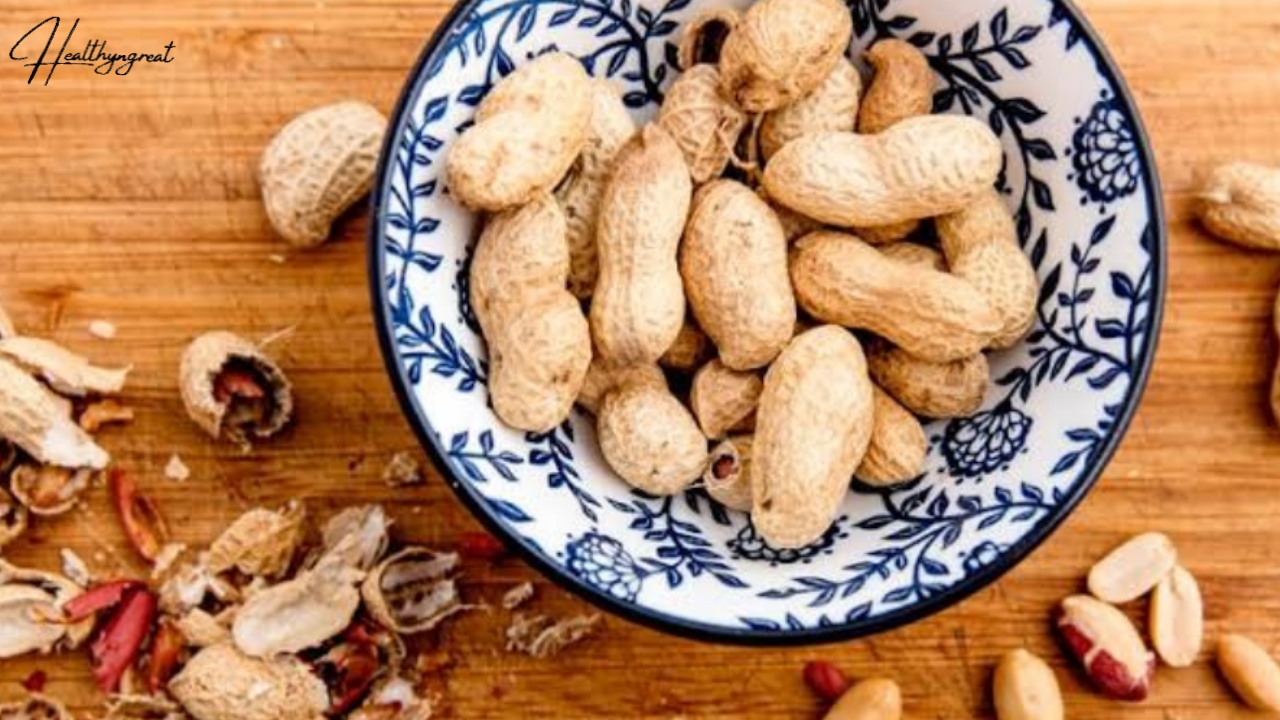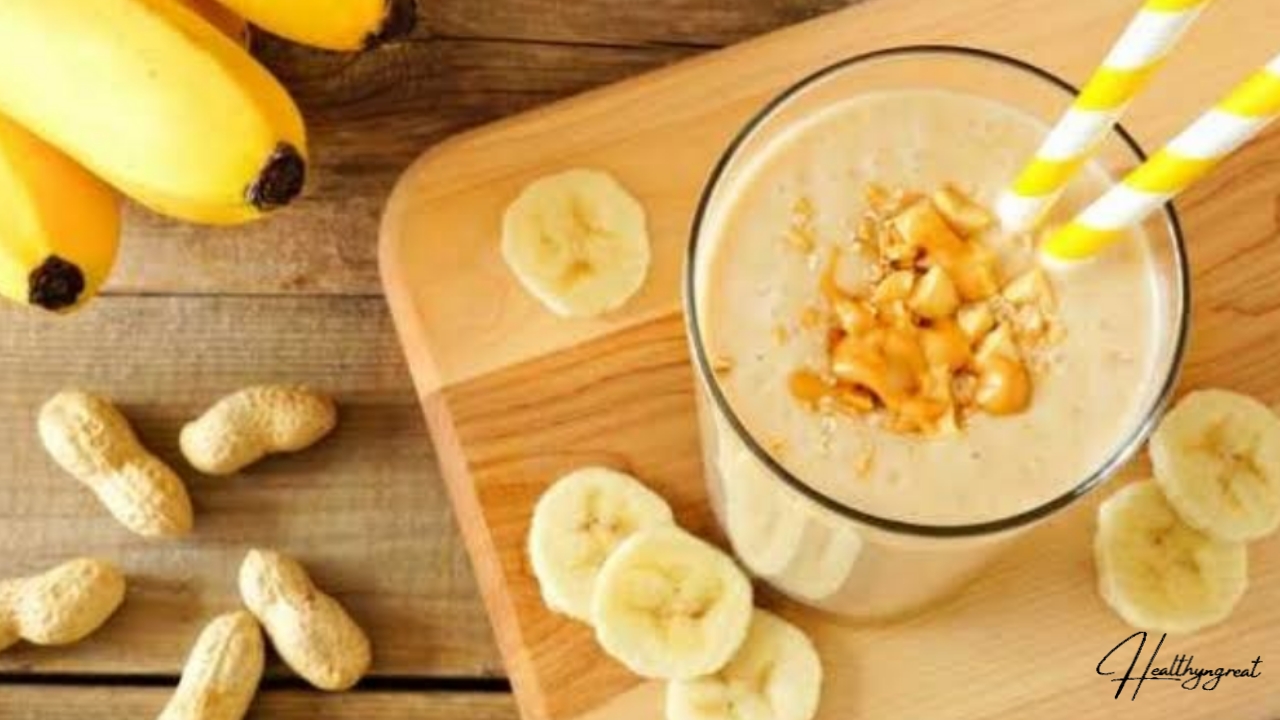Peanuts 101: Nutrition Facts, Health Benefits And More
Peanuts, groundnuts, earthnuts, or goobers, whatever you call these tiny nutrient bomb, they are amazingly beneficial on your health. Whether your goal is weight loss, weight gain or improve your overall health, including peanuts in your diet on a regular basis can have rewarding benefits.
Despite their name, peanuts are unrelated to tree nuts. Almonds, cashews, and walnuts grow on trees, while peanuts grow underground in pods. Peanuts are actually a legume that originated in South America. As a legume, they’re related to beans, lentils, and soy.
They are crispy, coarsely, tasty and like an all time munching snack that you can enjoy with or without anything else. Just not that, they are also known for various types of Vitamin, Minerals and anti-oxidants, present in the peanut, that has lots of health benefits.
An amazing fact about peanut are they are omnipresent in india, you can find them in every street corner across the India. More importantly they are cheap and healthy food for the common man and one should not miss eating a bit of this wonderful nut on a daily basis. In United States, peanuts are rarely eaten raw. Instead, they are consumed roasted or as peanut butter.
This article tells you everything you need to know about peanuts.
Peanut Nutrition Facts
Here's the nutritional value for serving 1 ounce (28g) or roughly 28 peanuts.
- Calories: 161
- 14 gram of fat
- 5mg of sodium
- 4.6 gram of carbohydrates
- 2.4 gram of fiber
- 1.3 gram of sugar
- 7.3 gram of protein
Vitamins, Minerals And Protein
Despite their small size they are an excellent source of various vitamins and minerals that are really essential for healthy you. Here are of few vitamins and minerals that are widely present in peanuts. These include biotin, copper, niacin, folate, manganese, vitamin E, thiamine, phosphorus, and magnesium. [1]
They are also amazingly rich in protein. The protein content ranges from 22–30% of its total calories, making peanuts a great source of plant-based protein, specially for vegans and vegetarian. [2] [3] [4]
However you should also remember that, the most abundant proteins in peanuts, arachin and conarachin, can be severely allergenic to some people, causing life-threatening reactions. [5]
Plant Compounds
Peanuts are also home to various bioactive plant compounds and antioxidants. Most of the antioxidants are located in peanut skin, which is eaten only when peanuts are raw. [6]
Peanuts include antioxidants, such as p-coumaric acid, isoflavones and resveratrol, as well as antinutrients like phytic acid and phytosterols.
Health Benefits Of Peanuts
Improve Heart Health
Cardiovascular disease are leading on the top, and has cause a huge number of death. However peanut can be amazing source to tackle them. In fact several observational studies show that eating peanuts, as well as other types of nuts, may protect against heart disease. [7] [8] [9]
Researchers believe that healthy fatty acids as well as other potent nutrients and bioactive compounds along with potassium, magnesium, calcium, tocopherols, phytochemicals, phenolic compounds, arginine and resveratrol , can lower risk factors for heart disease. [10]
Weight Management
Peanut are perfect for weight loss. Simply eating peanut butter every morning with bread slices, can lower that chances of weight gain. As it fills you up and you tend to binge less through the day. [11]
According to a study, conducted on group of women, found that participants who ate nuts, including peanuts, twice a week had a slightly lower risk of weight gain and obesity over 8 years than those who rarely ate nuts. [12]
Additionally the amino acid along with protein, vitamins and other minerals like potassium and magnesium keep the immune system healthy and is also beneficial for weight loss.
Peanuts Can Help Manage Type 2 Diabetes
A high sugar level can dramatically increase the chances of diabetes and other disease. However peanuts can be beneficial for lowering the risk of Type 2 Diabetes.
In fact several studies have shown that peanuts are beneficial to people suffering from type 2 diabetes [13] [14] [15]
Additionally Peanut are also rich in manganese, which is very useful for our body and to prevent diabetes. Just a small handful of peanuts a day is all that is needed to have an effect.
Also Read: 7 Ways To Lower Your Blood Sugar Level.
Help Fight Depression
Peanut are great for uplifting you mood fighting depression. Adding a handful of these peanuts in daily diet can keep depression far from you.
Peanuts contain tryptophan ( type of amino acid) which is said to trigger the release of serotonin (type of hormone), which in turn can help combat depression. [16] [17]
Additional Health Benefits Of Peanuts
Here are 10 additional health benefits of peanut, that might motivate you to add them in your diet.
- Peanuts Reduces the Risk of Alzheimer's disease
- Peanuts Reduces the Risk of Gallstones
- Peanuts Help Boost Memory Power
- Peanuts Promote Healthy Bone Structure
- Peanuts Are Good for Skin Health
- Peanuts Are Good for Eyes Health
- Peanuts Help Fight Inflammation
- Peanut Help In Blood Clotting
- Peanuts Can Help Prevent Cancer
- Peanuts Aid In Muscles Recovery
Peanut allergy
Peanut are one of the most common food allergens. Peoples with this allergy should avoid all peanuts and peanut products. As it could be life-threatening, peanuts are sometimes considered the most severe allergen. [18]
In rare instances, peanut allergy can lead to an all-body reaction known as anaphylaxis, characterized by a severe rash or hives, shortness of breath, rapid heart rate, the swelling of the face or throat. If left untreated, anaphylaxis can lead to shock, coma, heart or respiratory failure, and even death.
People with peanut allergy should avoid any kind of peanut products and peanut, as it could be harmful for health.
How To Add Peanut In Daily Diet
Adding peanut is not a challenging task, you can simply add them your salad, in your bowl of oatmeal, or go with a classic P&BJ (peanut butter and jelly) sandwich. You can also enjoy them as smoothie.
Here's a simple recipe that you can enjoy now.
Peanut Butter Banana Smoothie. (Yield: 4 servings)
Nutrition Facts
Per Serving- 335.1 calories; protein 12.8g ; carbohydrates 34.1g ; fat 18.8g ; cholesterol 9.8mg ; sodium 202.8mg .
Ingredients:
- 1/2 bananas, broken into chunks
- 1/2 cup milk
- 2 tablespoons peanut butter
- 1-1/2 teaspoons honey, or to taste
- 1/2 cup ice cubes
Procedure:
Simply toss all ingredients in blender and pulse them until you have that desirable texture. Pour in your favourite set of glass. Don't forget to garnish them before enjoying them. Now they are done. Enjoy!
Cheers! 🥂
The Bottom Line
Peanut are really popular, specially among the people who are conscious about gaining lean muscle, as they re great source of protein and high in various vitamins, minerals, and plant compounds, especially for vegetarians and vegans.
Additionally they are also perfect for weight loss, and also reduce your risk of both heart disease and gallstones. However you should avoid eating too much of peanut as they are also high in fat, and have high-calorie.
If you are new to our blog and prefer our statistics please subscribe us and follow us and you will be notified everytime when we post something new.
Stay healthful
Live satisfied











Post a Comment
0 Comments
If you have any doubt please let me know.